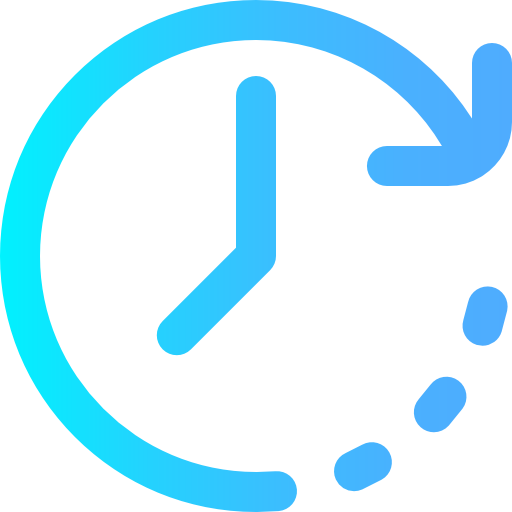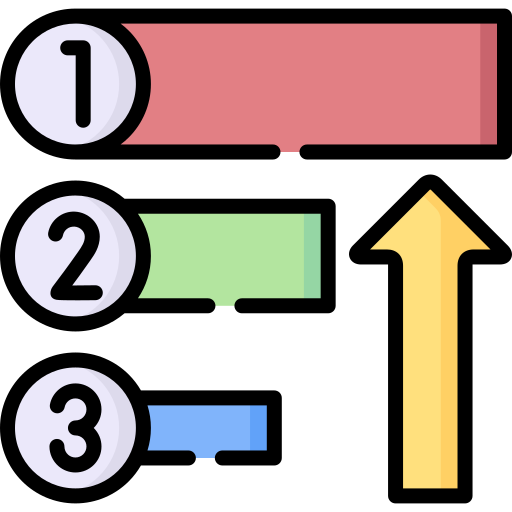Today's world moves very quickly — there's so much information on the internet, so many tasks to do, and there never seems to be enough time to get everything done for your work or personal life!
 It's ever more important to be productive and make the most out of the time you have. This is where learning more about different types of work can come in!
It's ever more important to be productive and make the most out of the time you have. This is where learning more about different types of work can come in!
Meet deep work and shallow work.
These two work types consist of unique characteristics, require different types of energy, and are suitable for different purposes. A better understanding of these two types of work will allow you to make better use of your time.

Deep work vs. shallow work
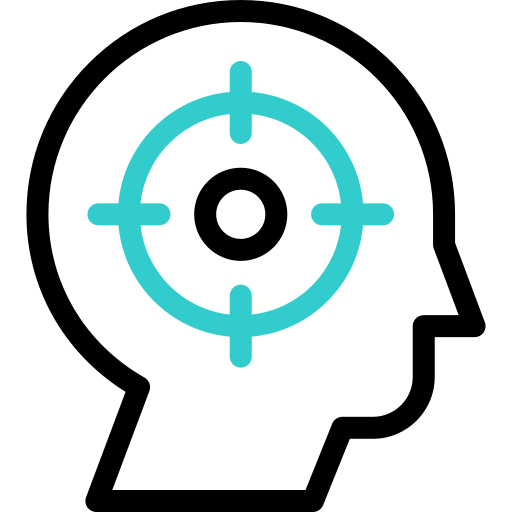 Deep work was developed by Cal Newport, a computer science professor at Georgetown University, who authored Deep Work: Rules for Focused Success in a Distracted World. He defines deep work as follows in his book:
Deep work was developed by Cal Newport, a computer science professor at Georgetown University, who authored Deep Work: Rules for Focused Success in a Distracted World. He defines deep work as follows in his book:
A state of distraction-free concentration when your brain works at its maximum potential
His theory is that you need to create an uninterrupted environment, free from all types of distractions, for a certain length of time to be truly productive. Especially in today's fast-moving world, you have to create such work environments intentionally.
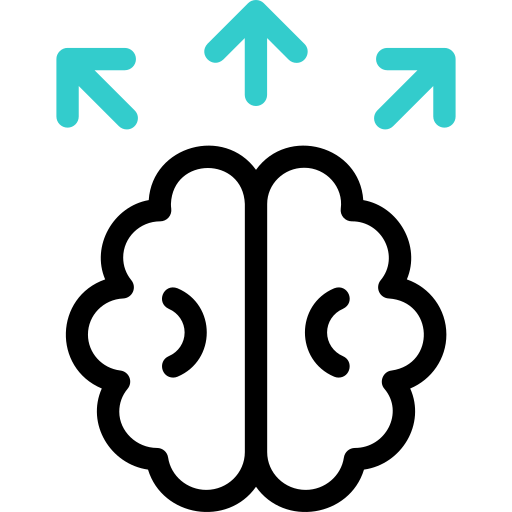
On the other hand, you can perform shallow work even when you're distracted. You don't have to consciously create a focus space to complete shallow work tasks.
Deep work
Requires creating a distraction-free environment intentionally
Focuses on 1 task at a time
Usually involves creativity, connecting deeply with your thoughts and ideas
It's difficult to focus on deep work for a long period of time
Deep work examples
Writing an essay
Developing a new project
Creating a new training course
Shallow work
Involves repetitive or administrative tasks that don't require too much creativity
You can perform multiple tasks at once, and around distractions
It's easy to complete multiple shallow work tasks continuously
Shallow work examples
Booking meetings
Sending emails
Marking multiple choice exams
Quiz
Deep work means having a long, deep discussion with colleagues to make a decision.
Why deep work?
Shallow work is easy to do — it doesn't require any prep! On the other hand, deep work requires you to be more intentional. Seems like a lot of work, doesn't it?
So why should you try deep work?
It's actually more work to regain attention.
When you switch between tasks, you're inevitably distracted. You might take a quick look at your phone or check your email. All these "quick tasks" are distractions, and every time you get distracted, it can take up to 20 minutes (!) for you to regain the momentum and get your focused back. When you do deep work, you reduce these downtimes.
It's good for your brain.
Deeper concentration means that your neurons are more deeply connected, resulting in a better learning environment for your brain. When your brain is focused on a specific skill, your brain rewires itself to help you obtain and retain that skill more productively.
Better quality means higher quantity.
When you're deeply focused, you pay more attention to detail, resulting in better quality of work. Not only that, you'll be more efficient in completing tasks and producing results at higher quantities.
It's more fulfilling!
Shallow work might be easy, but it also tends to be more repetitive and boring. It doesn't challenge you. Deep work might be harder to complete and you might feel more tired afterwards, but it's more fulfilling. You also get to learn new skills!
Combine deep work with shallow work
Deep work has a lot of benefits, but in reality, you can't perform only deep work. It's important that you find a good balance between shallow work and deep work so that you can maximize your productivity!

Here are some tips on how you can find that balance.
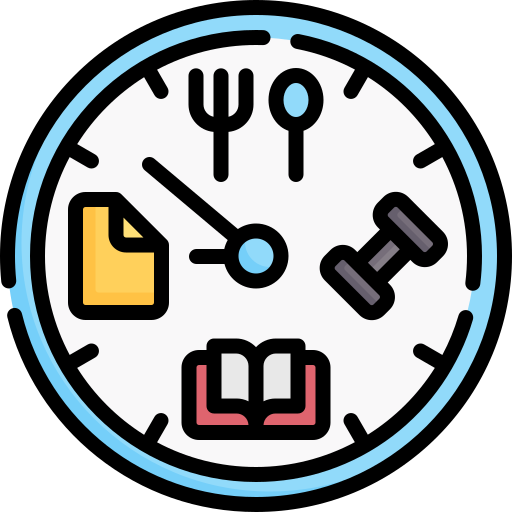 Build a routine
Build a routine
Having a schedule allows you to be more intentional with how you use your time. Here are some considerations as you build a routine:
Location: Where can you focus the most? At home? Public place?
Duration: How long can you keep doing a task? When do you feel your concentration starting to wear off? How often do you need to take a break?
Structure: What setup do you need? Can you stay focused with your phone out? How about listening to music?
If you know that you can focus more in the morning, you can do deep work in the morning and spend your afternoon on shallow work.
If you know you get distracted by your roommates during the day, you might want to complete shallow work like cleaning the dishes while they're still around and start deep work after you have the house to yourself.
Prioritize the highest-impact work
We all have a limited amount of time, and sometimes you can't finish everything perfectly. It's important that you dedicate your deep work time to the highest-impact tasks.
Scheduling meetings can be done between tasks (shallow work). But you can't attend this meeting without having a high-quality presentation deck (deep work).
Re-writing the lecture notes is optional and easy (shallow work), but you need to finish the essay before the deadline (deep work).
Take enough rest
In order for your brain to focus on deep work, you need to be well-rested. It's important to remember that rest doesn't equal sleep. Sleep focuses mainly on your physical rest, but you also need to rest yourself emotionally, mentally, socially, or creatively to concentrate on deep work.
You can learn about 7 types of rest from this Byte!
Get help from deep work tools
There are different tools that help you stay focused on deep work.
Focus tools
You can find more focus tools here
Task management tools
You can find more task management tools here
Test your knowledge
Meet Pablo! He is a busy university student, taking 5 courses and working part time at a restaurant 3 times a week. He feels that he's always behind on tasks. This is the first time he's lived on his own. He also feels that his place is getting messier each day.

He managed to pass his mid term exams somehow, but he wants to be better prepared for final exams. He recently learned about deep work and wants to incorporate deep work into his life.
Quiz
What are some steps that Pablo can take to start doing deep work? Select all that apply:
Take Action

You can unlock so much more productivity and creativity through deep work! Review the action items below to get started:
Your feedback matters to us.
This Byte helped me better understand the topic.




